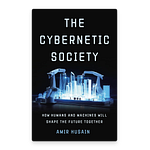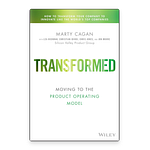Superintelligence (2014) examines the potential impact of artificial intelligence surpassing human intelligence. It draws from various disciplines to explore how we might reach this future and what it means for humanity.
About the Author
Nick Bostrom is an Oxford University professor and the founding director of the Future of Humanity Institute. He has authored over 200 publications, including Superintelligence, which became a New York Times bestseller and was recommended by Bill Gates.
Why It Matters
Artificial intelligence is advancing rapidly, and the possibility of machines surpassing human intelligence is no longer science fiction. Understanding the implications of this shift is crucial for shaping a future where AI benefits humanity rather than threatens it.
"Business leaders who understand the risks and opportunities of AI can prepare their organizations for a future where intelligence is no longer exclusively human."
Impact & Outcome
AI-driven automation will transform industries and economies.
Strategic planning is essential to ensure AI remains aligned with human values.
Unchecked AI development could pose existential risks.
Who Is It For?
Tech Leaders: To understand the direction and risks of AI.
Policymakers: To regulate and safeguard AI development.
Business Strategists: To leverage AI without unintended consequences.
The Acceleration of Superintelligence
Human intelligence has been the defining factor in our dominance over other species. However, just as we surpassed animals, AI could one day surpass us. Technological revolutions have been accelerating—while it once took millennia for human progress to impact the economy, today, major innovations reshape industries in years or even months.











